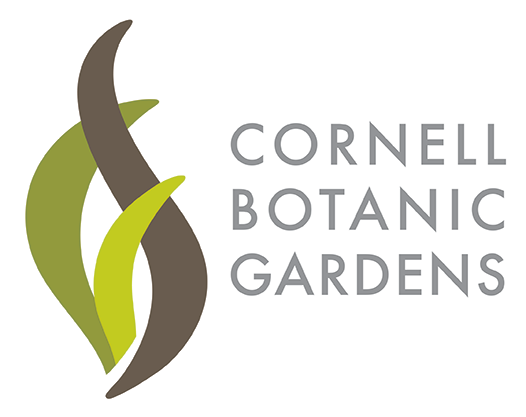Julie Warsowe

Research Project
Certificate program evaluation at public gardens.
View Julie's thesis (958.06 KB)
The following paper describes a research project studying evaluation of certificate programs at public gardens in the United States. The main goals of the project were to find those public gardens that have educational programs for adults, to define the term, “certificate program,” to find out which public gardens have certificate programs, and to look in-depth at those gardens who conducted formal evaluation of their certificate programs. Data collection methods included web research on 354 public gardens, an on-line survey to 38 adult education managers with a 63% response rate, and in-depth interviews with three survey respondents. Key findings were:
- An inclusive definition of the term, “certificate program:” A certificate program at a public garden is a series of courses on a similar plant-referenced theme, offered on the site of the public garden. Participants must pass each individual course with some measure of attendance and performance, and completion of all the required courses in the series results in some recognition of achievement.
- 60% of the respondents partner with an outside organization in developing and managing the certificate programs. 57% of those gardens that have formally evaluated their certificate programs are accredited by an outside organization, either an institution of higher learning or an industry/professional association, compared with only 13% of the gardens who have not conducted formal evaluation.
- Using the definition above, 71% of the respondents indicated they operate one or more certificate programs. Of these, 47% of the respondents had formally evaluated one or more certificate programs in the past 10 years. Of those, 100% of the evaluations were conducted in-house and for less than $5,000, but only 43% of the respondents indicated that there was at least one person on staff whose job description included evaluation. Eighty six percent of those respondents who conducted a formal evaluation described it as summative. Twenty nine percent conducted all three major forms of evaluation, front-end, formative, and summative. 100% of those who evaluated a certificate program in the past ten years placed a medium to high priority on evaluating it again, or on evaluating another certificate program. In contrast, 13% of those who had not conducted an evaluation gave future evaluation a low priority, and 88% gave it a medium to high priority.
- The interviews suggested that the decision to carry out in-house evaluation was affected by the manager’s attitude toward evaluation, institutional commitment to evaluation, association with an accrediting institution, and to some degree, the likelihood of the evaluation resulting in increased profitability of the certificate program. Barriers to conducting in-house evaluation included knowledge level, confidence, concern over bias, and time.
- The interviews also suggested that there was confusion over the definition of the term, “formal evaluation” with the possibility that informal, unsystematic feedback was reported as formal evaluation.
Current News
Julie is the Manager of Visitor Education at the Arnold Arboretum of Harvard University.
Background
A Brooklyn native, Julie received a B.A. from Wesleyan University in American Art History and studied Woodworking and Furniture Design at the Rochester Institute of Technology. After college, the opportunity to combine her interests in horticulture and education inspired Julie to pursue a career in the public garden world.
Julie's enthusiasm for public gardens developed through internships at the Redding Arboretum (now the McConnell Arboretum) in California and the Cheyenne Botanic Gardens in Wyoming. Her work from 1997-2002 as manager of Brooklyn GreenBridge, the community horticulture program of Brooklyn Botanic Garden, brought Julie home to Brooklyn and gave her a new appreciation for adult education and the social and healing dimensions of horticulture. In December of 2003 Julie began working as Director of Continuing Education at Brooklyn Botanic Garden, while also continuing her studies at Cornell.
Committed to the unique lifelong learning environment of public gardens, and devoted to encouraging appreciation of and responsibility for our natural world, Julie will focus on how public gardens organize and evaluate certificate programs for her MPS research topic.








